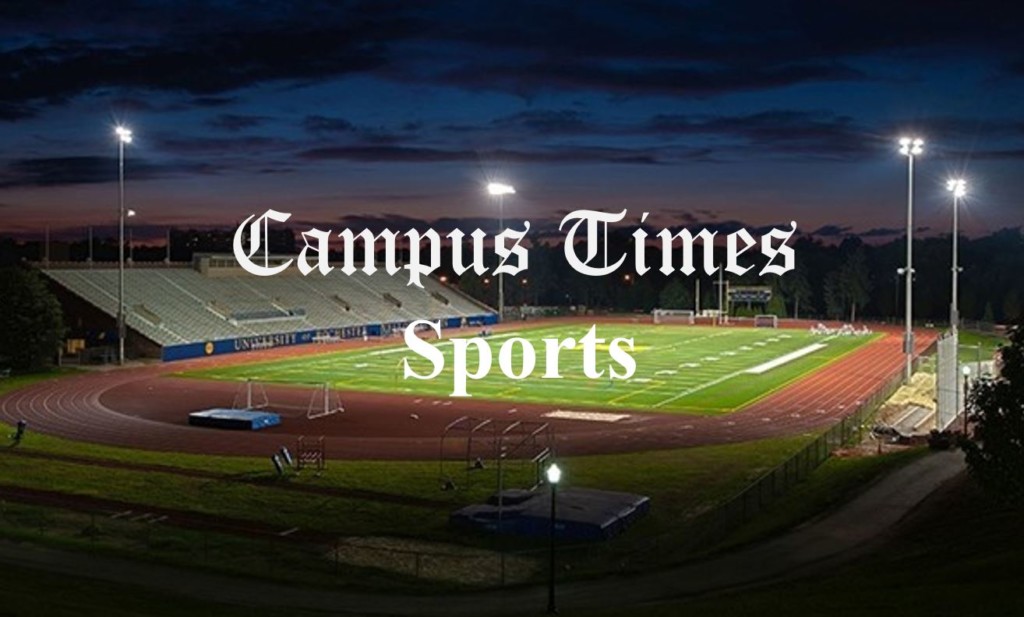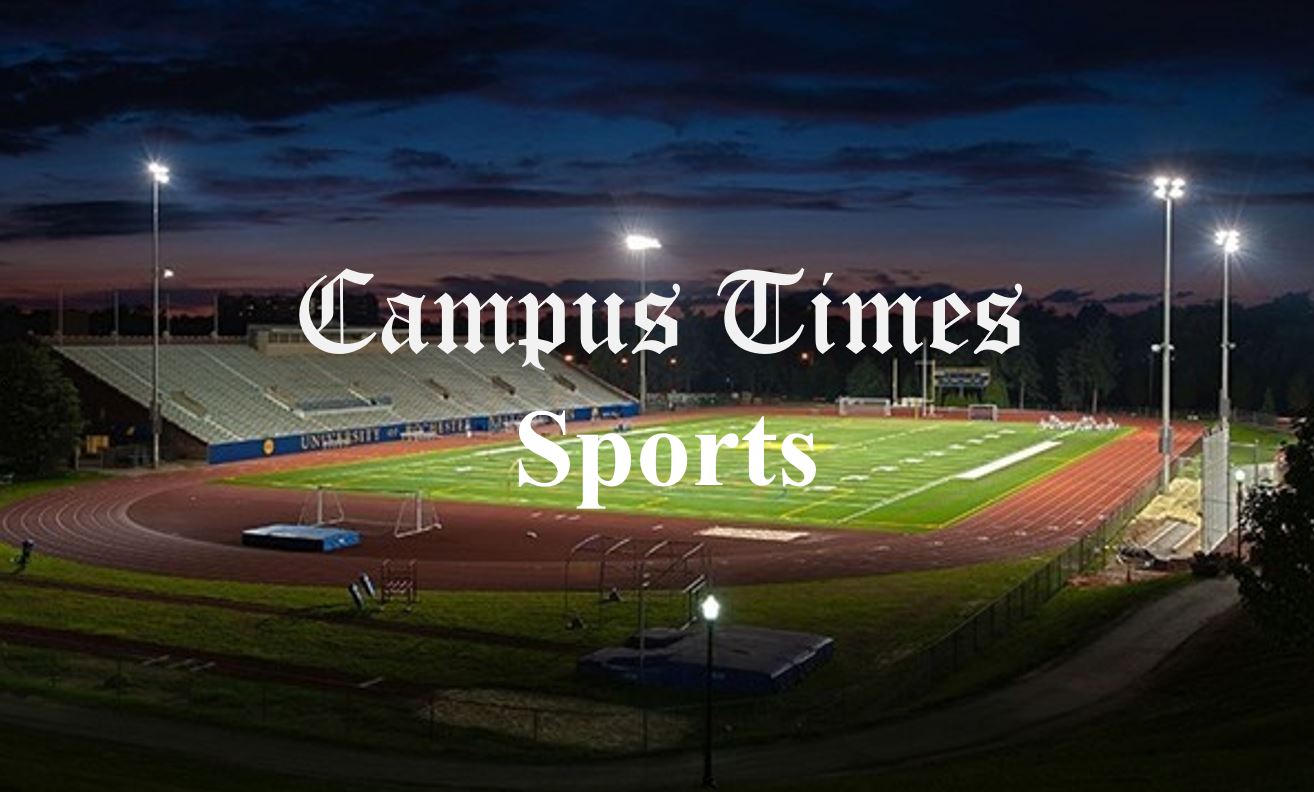This past Wednesday, LeBron James tested the limits of the rules of basketball.
In the first quarter of a game against the Utah Jazz, he acted as the ball handler on a possession, dribbling past half court. After passing the midline, while still standing on the Jazz logo, he stopped dribbling, and instead held the ball with his left hand while walking an additional three steps. He then proceeded to continue dribbling before passing it off to a teammate.
It was not only an egregious travel, but a double-dribble. The whistle was never blown.
To many, it was just another example of LeBron getting preferential treatment from the referees. One article called it “the most blatant superstar treatment of his career.” In an even broader sense, fans often dismiss superstars for receiving beneficial calls.
But this belief in a “star treatment” by referees is murky. The implication seems to be that at least part of the success of those star players is due to their ability to draw calls and get away with rule-breaking.
Based on that, I assume fans really think that the referees are stooges of the league office, which wants successful stars who are more marketable and thus will help the league’s bottom line.
Refereeing is difficult, and humans make mistakes. We focus only on the bad calls, and never the good calls, making it seem like there is some conspiracy to help the stars because a lot of those bad calls seem to benefit them.
Perhaps that’s true. But are stars good because they get preferential calls, or do they get preferential calls because they’re stars? LeBron would still be among the best players in the league even if the referees were biased against him.
In some leagues and situations, there is little difference between how often stars get preferential calls compared to other players. But in other cases, stars do get advantaged more often than non-stars.
What seems to annoy people is that in addition to stars receiving preferential calls, they also seem to complain a lot more to the referees asking for better calls. Perhaps that’s because they are complaining more about everything as pro-star bias declines. Maybe as star players, their teammates look to them to be leaders and take on the refs on behalf of the team.
To some extent, that star treatment might also stem from stars being more involved in the game. Players who are on the court for longer and who have the ball in their hands for a large portion of the time they’re on the court are more likely to be involved in more of the controversial calls.
But even if stars got more calls because of their status, would that really be a problem? Maybe a team benefitting from having the best player does fit into the difficult-to-define concept of “fairness”.



